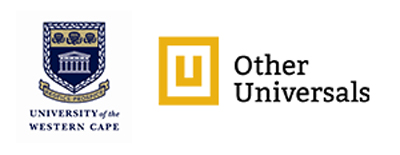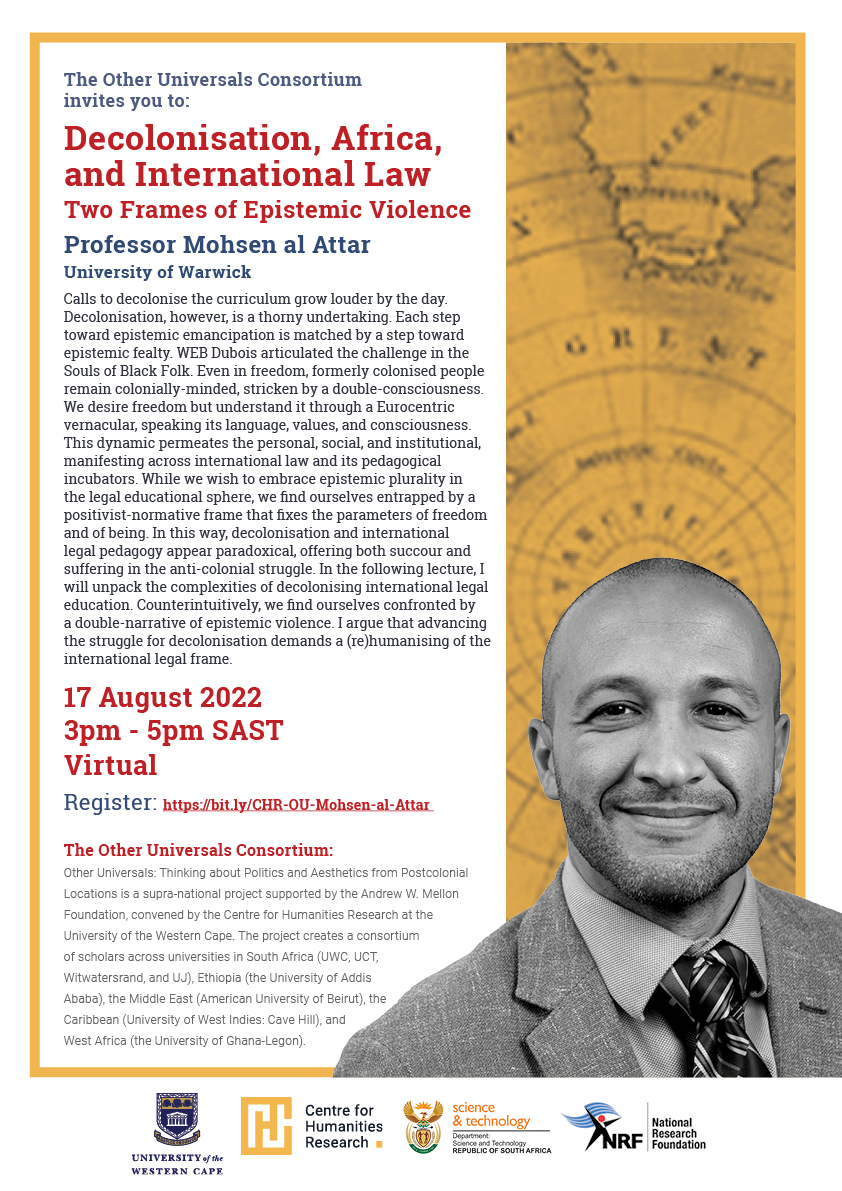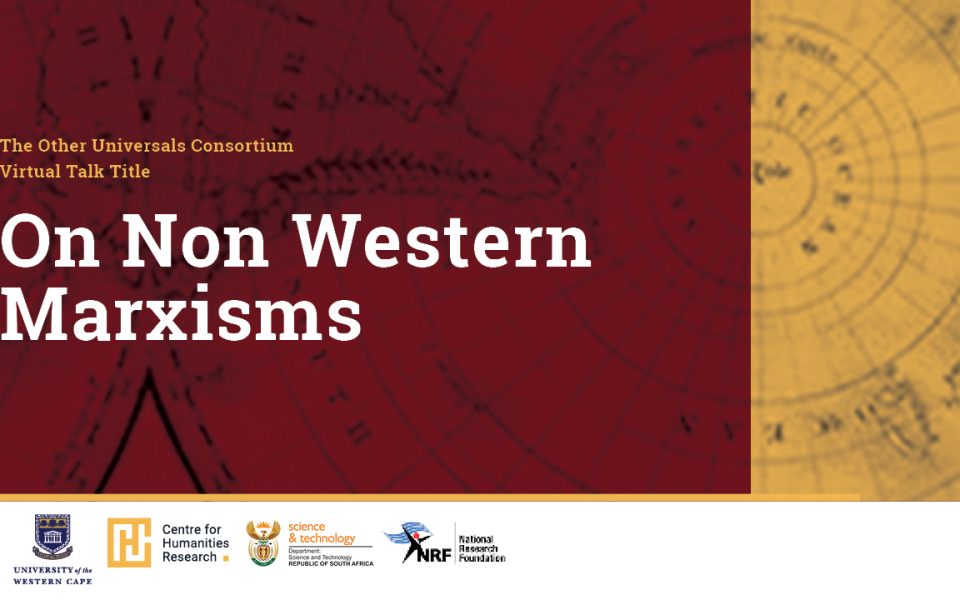The Other Universals consortium will be hosting a webinar with Dr Mohsen al Attar is an Associate Professor at the University of Warwick and a Visiting Lecturer at UCL and Beijing Foreign Studies University.
Calls to decolonise the curriculum grow louder by the day. Decolonisation, however, is a thorny undertaking. Each step toward epistemic emancipation is matched by a step toward epistemic fealty. WEB Dubois articulated the challenge in the Souls of Black Folk. Even in freedom, formerly colonised people remain colonially-minded, stricken by a double-consciousness. We desire freedom but understand it through a Eurocentric vernacular, speaking its language, values, and consciousness. This dynamic permeates the personal, social, and institutional, manifesting across international law and its pedagogical incubators. While we wish to embrace epistemic plurality in the legal educational sphere, we find ourselves entrapped by a positivist-normative frame that fixes the parameters of freedom and of being. In this way, decolonisation and international legal pedagogy appear paradoxical, offering both succour and suffering in the anti-colonial struggle. In the following lecture, I will unpack the complexities of decolonising international legal education. Counterintuitively, we find ourselves confronted by a double-narrative of epistemic violence. I argue that advancing the struggle for decolonisation demands a (re)humanising of the international legal frame.
17 August 2022
3pm -5pm SAST
Chair: Professor Victoria Collis-Buthelezi
Virtual
About
Dr Mohsen al Attar is an Associate Professor at the University of Warwick and a Visiting Lecturer at UCL and Beijing Foreign Studies University. He researches the role of international law in redressing and exacerbating economic divisions between regions of the world. Professor al Attar is best known for his writings on Third World Approaches to International Law, a theory that guides his investigations into global political economy. In his forthcoming book with OUP, A Guerrilla at the Hague, he argues that many of the principles of international economic law preserve a Eurocentric epistemology that favours a parochial view of human development and human flourishing. He is a permanent contributor to the international law blog, Opinio Juris, and is published widely in a range of journals including Law & Critique, the Asian Journal of International Law, the McGill law Review, the Palestine Yearbook of International Law, and the International Community Law Review.



